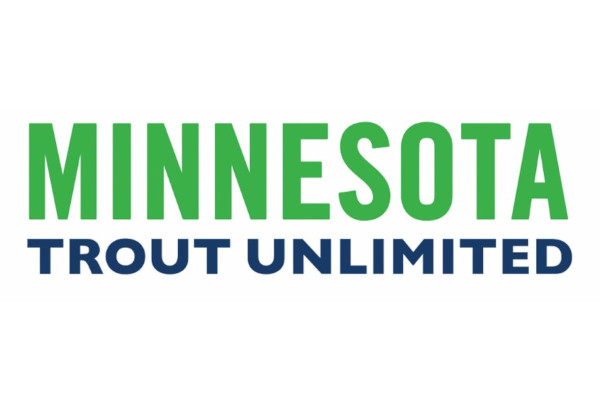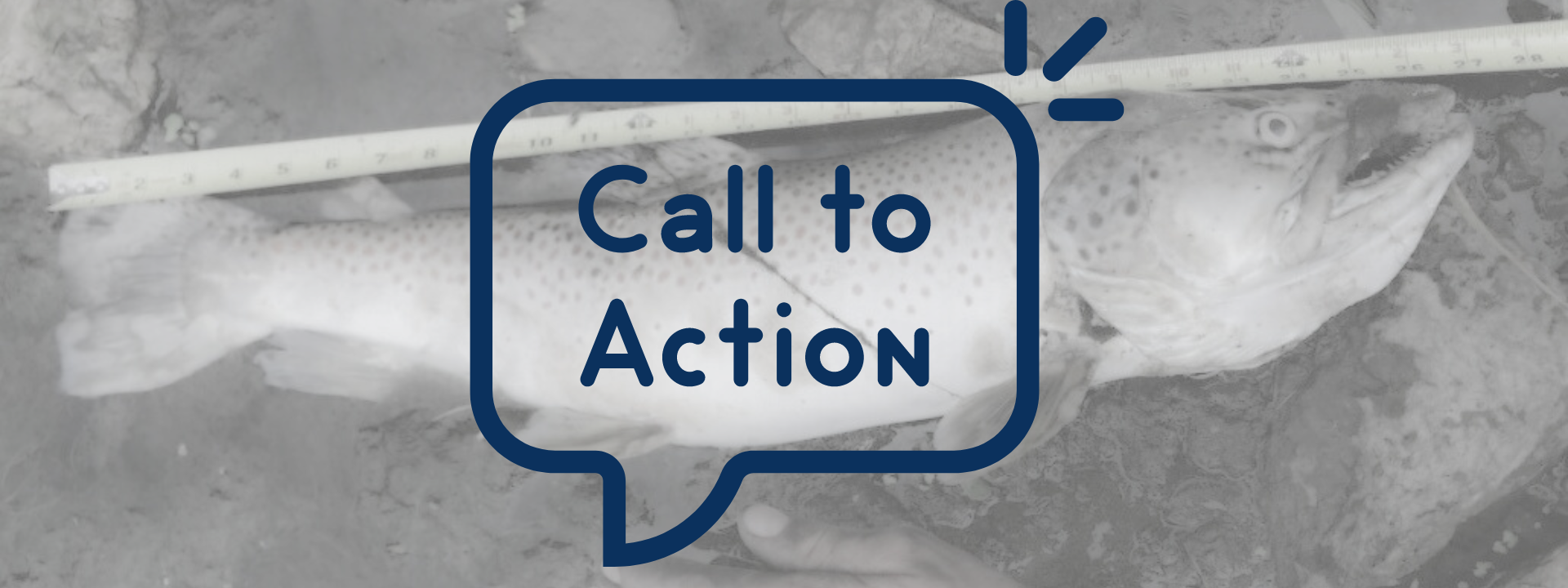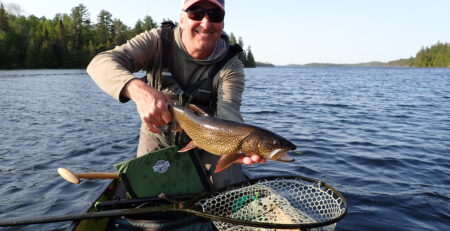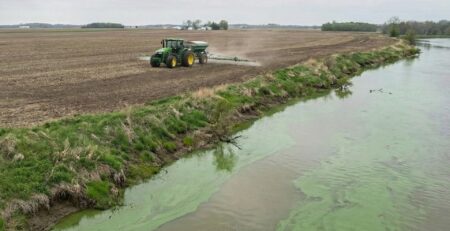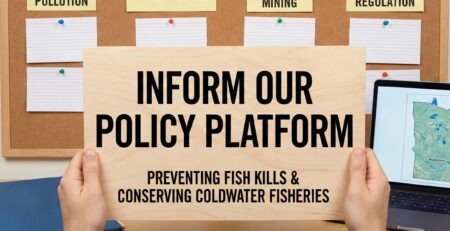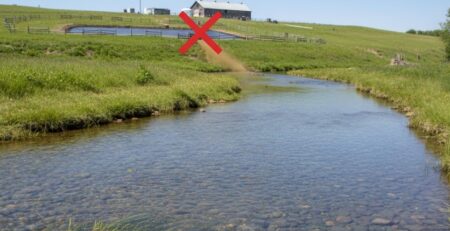Help Inform our 2024-25 Policy Platform
While national politics takes up the big headlines right now, at MNTU we are looking ahead to the next state legislative session and preparing our policy platform. Preventing Fish Kills will continue to be an overarching goal of MNTU as we consider specific issues that will conserve, protect, restore, and sustain Minnesota’s coldwater fisheries and their watersheds.
Some issues we know will continue to be important in the year ahead include:
Nitrate Pollution(especially in southeastern MN): Nitrates come from a variety of sources, both natural and human based, but we know agricultural runoff and livestock manure are the primary sources. In fact, 90% of nitrate in southeastern Minnesota’s waters comes from fertilized croplands. Nitrates reduce the size and potential survival of trout populations through nutrient enrichment leading to oxygen depletion; decreased suitability of habitat; stress on adult fish; and decreasing the number of aquatic insects available as trout food. Policies that can help decrease nitrate pollution range from regulation of the application and storage of manure to policies that encourage agricultural practices focused on keeping plants in the ground- whether through cover crops, buffer strips, or restoring and retaining wetlands.
Feedlot Operations: Livestock feedlot operations can pollute both surface waters and groundwater. A livestock feedlot is a type of animal feeding operation used in intensive animal farming for finishing livestock, such as cattle and swine, prior to slaughter. Manure contains a variety of nutrients, including Nitrogen, that are converted to other forms such as nitrates and ammonium, when they interact with soil micro-organisms. When heavy rain follows manure applications the manure can wash directly into streams, causing oxygen depletion and fish kills. Current feedlot rules are not adequate to protect our waters and must be strengthened.
Neonicotinoids: “Neonics” are the most used insecticides nationwide and likely the most ecologically harmful pesticides since DDT. Neonics are highly toxic to aquatic invertebrates that form the base of aquatic food web. They are “systemic,” meaning they are water soluble, and long lasting allowing them to rapidly contaminate surface and groundwater and stick around for up to three years. Recent research in Minnesota showed neonics in 97% of water samples from rivers and streams, and 74% of groundwater samples, including at levels above the tolerance level of aquatic insects. Neonics are used to coat seeds, and although they are regulated as a pesticide, a legal loophole means treated seeds are not regulated. Most of the corn and soybean seeds sold in Minnesota are treated with neonics but escape regulation because of this loophole. Additionally, studies show that neonic treated seeds have offered no economic benefit to farmers that use them. Policies that ban neonic seeds in settings where they are unnecessary, such as lawns and gardens are a start, but there are examples now in other states where they have been fully banned (New York).
We continue to monitor a range of other issues you can read about here and are watching a few emerging issues such as PFAS contamination. As we prepare for the next year, meeting with our partners, and developing our campaigns, we’re interested in the issues that you are most concerned about and how you would like to be involved in supporting Minnesota Trout Unlimited as we work to protect your favorite streams!
Please take a minute to share your thoughts in this short survey.
If you’re not signed up for our action alerts you can do so here!
You can read more about priority issues here and on the outcomes of last session in our blog from a few months ago
